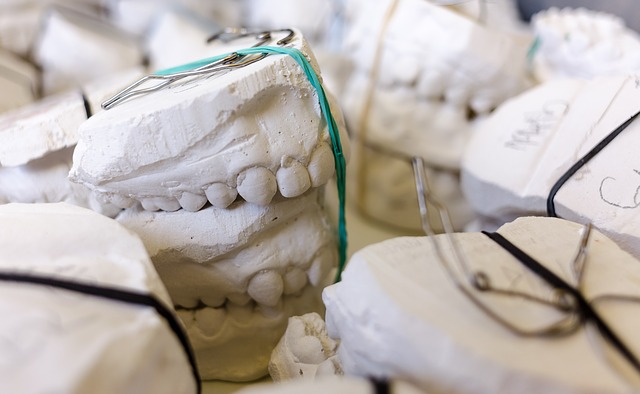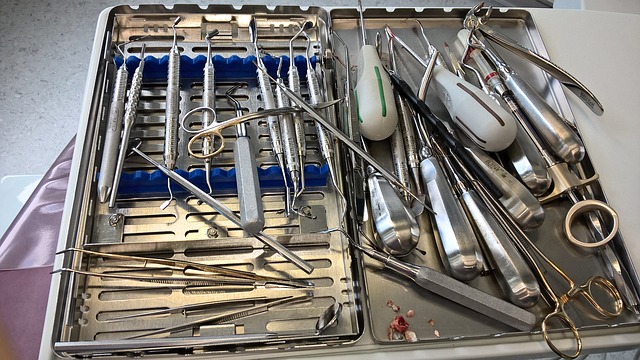No, dentistry might not be the most promising startup opportunity – that’s nursing homes. But it does come close, just behind GP service and road freight services according to Vonage. The fact that dental practices are so successful shouldn’t come as much of a surprise. In the UK, dentists get a lot of patients through the NHS. And most existing dental practitioners are already wildly oversubscribed. Picking up new business should be easy. And it is – once you’ve got going, of course.
Getting going, however, can be difficult. Here are some of the challenges you’ll have to overcome if you want to start your own dental clinic.

Build A Business Case
The first thing a dentist striking out by themselves needs to ask is why they’re bothering in the first place. Why not just join another local practice and piggyback off the success of the extant business? Usually, the motivation to strike out by oneself is linked to the fact that there aren’t all that many associate positions going. A large number of dental graduates means that associate positions are in short supply. In turn, this often implies that if dentists want to go places in their careers, they have to start up their own practices.
Identify A Property

The next problem that dentists face is finding the right property. There may be many suitable properties on the market from which to run a practice. But getting planning permission to operate surgery can be difficult. Ideally, you’d look to buy a practice with planning permission already in place. But if you can’t find one, then you’ll need to apply for permission. And this could take up to two years. It’s also important to remember that surgeries may require a lot of refurbishment to transform them into clinics. This, again, will be costly. The cost of your property needs to be covered by the supply of patients. So spend a little time working out how many patients you’d need to attract each month to cover your bills.
Find Suppliers

To deliver excellent patient care, you’ll need to have a relationship with somebody who can provide the tools. Suppliers, like BF Mulholland, provide clinics with gloves, interdental brushes, mouthwash and so on. You’ll need to find a supplier you can trust to deliver the items you need on a daily or a weekly basis.
Signage, Website, And Marketing

Once your practice is up and running, it’s important to do everything you can to promote its existence. The first thing to do is to leave a simple sign outside your clinic to attract the attention of any passing patients. Leave a number for them to contact you. And make sure that you remind them of the opening and closing times of the practice. Often a simple chalkboard is enough to attract the first few clients.
The next step is to build a quality website. Patients will often go to your site for more information about you and your business. Make sure you include details about your experience as a dentist, why you set up your own practice and the treatments you offer.
Lastly, be transparent when it comes to payment options. One of the problems in the dental sector at the moment is the lack of transparency over fees. It’s recently been the subject of a campaign, and now the government is looking into forcing dentists to list prices.